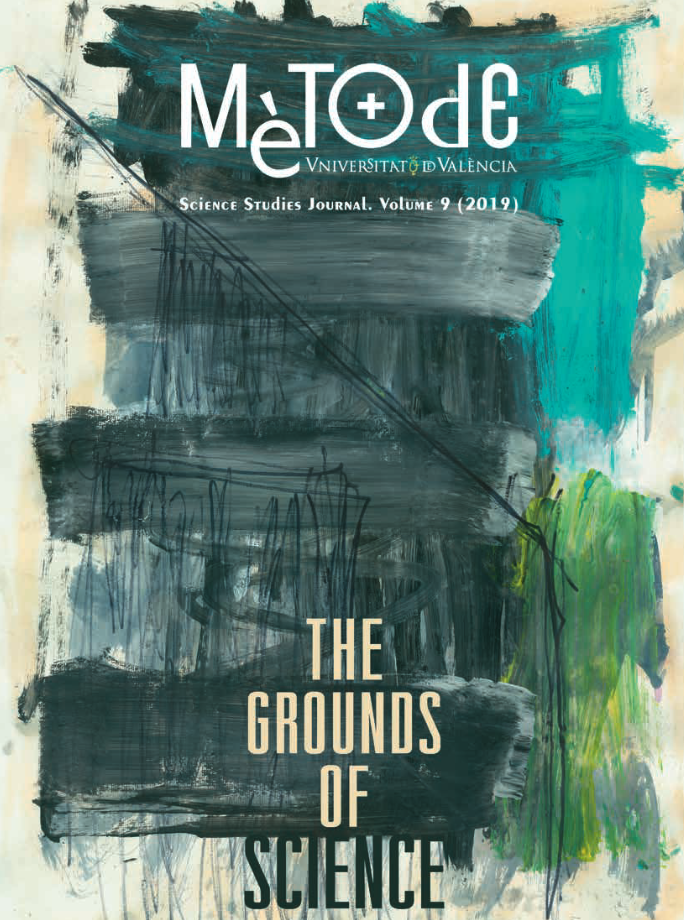Robotics and automation for societal good: Global South challenges and technology-policy considerations
DOI:
https://doi.org/10.7203/metode.9.12222Keywords:
humanitarian robotics, unmanned aerial vehicles, environmental monitoring, technology policy, ethical, legal, and societal considerations Abstract
Abstract
Robotics and automation and artificial intelligence technologies hold immense potential in addressing many of the societal challenges as exemplified in the sustainable development goals of the 2030 agenda of the United Nations. They have the potential not only to increase the standard of living in developed countries, but to improve the quality of life in the so-called «Global South». This article discusses underlying challenges and technology-policy considerations when deploying emerging technologies in developing and developed economies. Various examples and implementations in collaboration with humanitarians, researchers and developers, and professional organizations across the globe are outlined.
 Downloads
Downloads
 References
References
Madhavan, R., Marques, L., Prestes, E., Dasgupta, P., Cabrita, G., Portugal, D., … Garcia, J. (2014). 2014 Humanitarian Robotics and Automation Technology Challenge. IEEE Robotics and Automation Magazine, 21(3), 10–16. doi: 10.1109/MRA.2014.2334953
Madhavan, R., Marques, L., Prestes, E., Maffei, R., Jorge, V., Gil, B., … Dasgupta, P. (2015). 2015 Humanitarian Robotics and Automation Technology Challenge. IEEE Robotics and Automation Magazine, 22(3), 182–184. doi: 10.1109/MRA.2015.2452199
Prestes, E., Marques, L., Neuland, R., Mantelli, M., Maffei, R, Dogru, S., … Madhavan, R. (2016). The 2016 Humanitarian Robotics and Automation Technology Challenge. IEEE Robotics and Automation Magazine, 23(3), 23–24. doi: 10.1109/MRA.2016.2587921
Schumacher, E. F. (1973). Small is beautiful: Economics as if people mattered. London: Blond & Briggs.
Silva, T., Madhavan, R., Prestes, E., Farina, F., Gandra, T., Wiebbelling, R., & Almeida, D. (2016). Unmanned aerial vehicles for environmental monitoring and disaster management. In Proceedings of the 2016 International Tech4Dev Conference, Lausanne, Switzerland. Retrieved from https://cooperation.epfl.ch/files/content/sites/cooperation/files/Tech4Dev%202016/1229-Silva-SE02-HUM_Full%20Paper.pdf
Tapia, C., Urquidi, O., & Pakleppa, M. (2018). Variable stiffness prosthetic grasper with myolelectric control, IEEE RAS-SIGHT Project. Retrieved from http://www.ieee-ras.org/images/Variable_stiffness_prosthetic_
grasper_with_myolelectric_control.pdf
Wonsick, M., Mehegan, C., & Padir, T. (2016). Enhancing the outcomes of epidemiological surveillance in Liberia through automated tracking of blood samples. Retrieved from http://www.ieee-ras.org/images/TaskinPadir_ras-sight-finalReport-padir.pdf
Downloads
Published
How to Cite
-
Abstract1175
-
PDF671
Issue
Section
License
![]()
All the documents in the OJS platform are open access and property of their respective authors.
Authors publishing in the journal agree to the following terms:
- Authors keep the rights and guarantee Metode Science Studies Journal the right to be the first publication of the document, licensed under a Creative Commons Attribution-NonCommercial-NoDerivatives 4.0 International License that allows others to share the work with an acknowledgement of authorship and publication in the journal.
- Authors are allowed and encouraged to spread their work through electronic means using personal or institutional websites (institutional open archives, personal websites or professional and academic networks profiles) once the text has been published.





